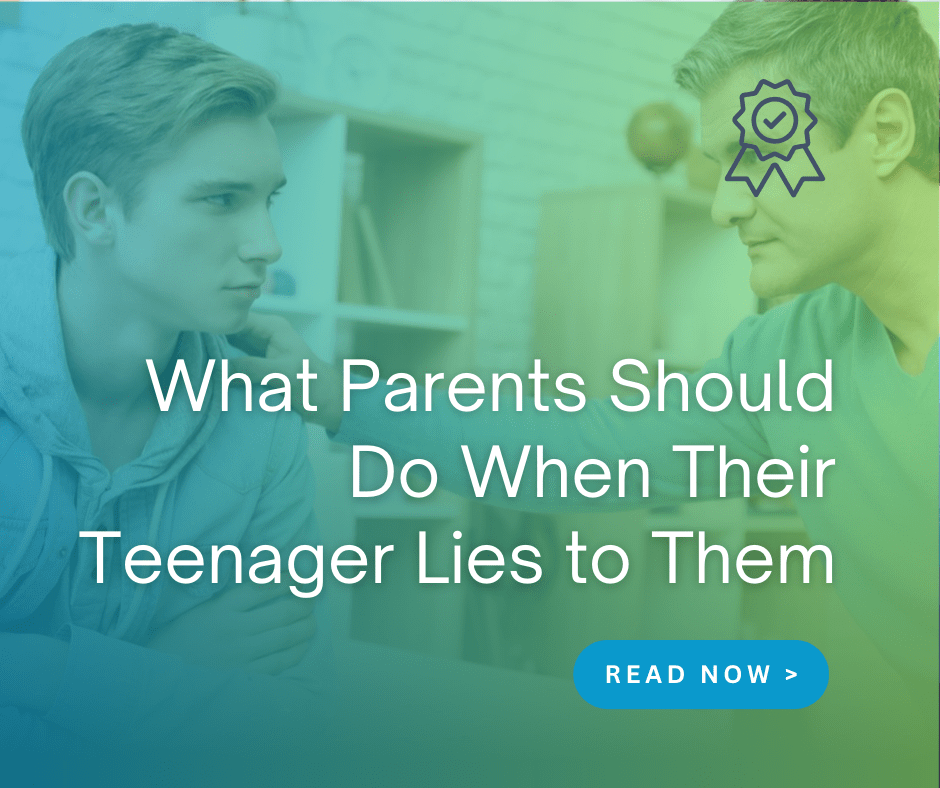“Just snap out of it.”
“Can’t you just get out of bed already?”
“Just decide to be in a good mood, and you will be!”
How many times have you uttered these phrases – or similar ones – to your teenager?
While you think you’re being helpful, the word “just” invalidates any message you’re trying to give, says Dr. Robyn Koslowitz, PhD, director of the Targeted Parenting Institute.
“Just” implies that what follows is easy and simple.
When, for your teen, it could be anything but.
How Would You Feel?
Imagine this: you come home from a long day of work. Or, during COVID, you get up from your desk after many hours of Zoom calls, emails, and remote assignments. You need to cook dinner. Dirty dishes fill your kitchen sink. Piles of laundry beg for attention. You’re starving. Meanwhile, your kids are yelling at each other, arguing about something or another. One teenager slams their door or hurls insults. Something shatters. Your stress levels rise. You retreat to your desk to cry, scream, or both.
At that moment, someone walks through the front door.
They take a look at what’s going on, sigh, and say:
“Can’t you just pull it together?”
How would you feel?
Why the Word “Just” Invalidates Your Teen
Really: how would you feel if someone said that to you every time you struggled with something difficult or stressful?
Not so great, you admit. Like the person saying it thinks your problems are trifling, and not worth your emotional energy.
And yet, that’s what we do with our teens when we say these sorts of statements to them. Some parents can’t fathom why their teens take so long to get out of bed. Or why their adolescents are constantly grumpy and negative. To solve the problem, they think they can command their teens to change, just like that.
These kinds of “just” statements are ineffective and hurtful. They’re invalidating. With one word, you erase the enormous struggle your teen is going through. Because no, it’s not so easy for your teen to get out of bed. It’s actually pretty difficult. And no, it’s not so easy for an adolescent to “just snap out of it” if they’re having a rough day. For certain teens, mood swings can last for days on end.
Telling them to “just be positive” makes it worse.
For teens struggling with mental health or addiction issues, such as depression, anxiety, post-traumatic stress disorder (PTSD), obsessive-compulsive disorder (OCD), oppositional-defiant disorder (ODD), disruptive mood dysregulation disorder (DMDD), psychosis, or other diagnoses, parents have to be extremely careful not to minimize their adolescents’ struggles. Instructing a teen with depression to “just decide to be in a good mood” is like commanding someone with a chronic health condition to “just recover.”
That’s not the way it works.
You wouldn’t tell a cancer patient to “just heal already.” Likewise, you shouldn’t tell your anxious teen to “just stop worrying so much.” Anxiety, depression, OCD, PTSD, psychosis, eating disorders, alcohol and substance use disorders – these are all real mental health conditions that require professional treatment, and in some cases, medication.
What to Say Instead
So, what can a concerned parent say to help their struggling teen get over a bump in the road?
Instead of “Just get out of bed,” you can say “I know it’s really hard to get out of bed right now. Here are some things that might help.”
Instead of “Just get over your bad mood,” try “I know you feel terrible right now. Want to try some DBT skills that might help you reframe?”
Instead of “just snap out of it,” you can say, “Depression is difficult. Anxiety is real. I’m here for you. Your therapist says these techniques might help you during crises.”
And of course, if you find yourself saying these kinds of things to your teen all the time, consider seeking professional treatment for your teen. Residential treatment centers, intensive outpatient programs and partial hospitalization programs can all help your teen learn new ways of managing ineffective behaviors and regulating painful, overwhelming feelings.












